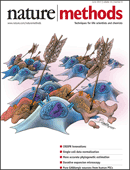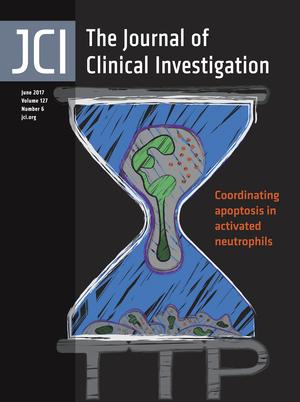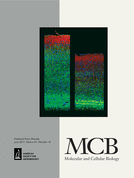 A Nature journal has posted a editor’s note to a recent letter on potential unintended consequences of CRISPR gene editing, after an executive at a company trying to commercialize the technology said the paper should be retracted.
A Nature journal has posted a editor’s note to a recent letter on potential unintended consequences of CRISPR gene editing, after an executive at a company trying to commercialize the technology said the paper should be retracted.
The original article, published on May 30 as a correspondence in Nature Methods, suggested that using CRISPR in mice can lead to unexpected mutations. But last week, the journal added an “Editorial note” online. Nature Methods says the notice is not an expression of concern, which would be a stronger suggestion that the paper is problematic; it simply wants to alert readers to the fact that, as the note states:
Continue reading Journal alerts readers to “technical criticism” of CRISPR study

 A former Research Training Awardee at the National Institutes of Health “falsified and/or fabricated data” in 11 figures in a 2016 paper,
A former Research Training Awardee at the National Institutes of Health “falsified and/or fabricated data” in 11 figures in a 2016 paper,  On Dec. 2, 2013,
On Dec. 2, 2013,  After a
After a 
 The senior author of a lawsuit-spawning study of the CrossFit exercise program has resigned from his post at The Ohio State University.
The senior author of a lawsuit-spawning study of the CrossFit exercise program has resigned from his post at The Ohio State University. An EMBO journal has issued a correction for a well-cited 2012 review co-authored by a
An EMBO journal has issued a correction for a well-cited 2012 review co-authored by a  After a paper is published, how long should a journal consider allegations of misconduct? For one journal, that answer is: Six years.
After a paper is published, how long should a journal consider allegations of misconduct? For one journal, that answer is: Six years.